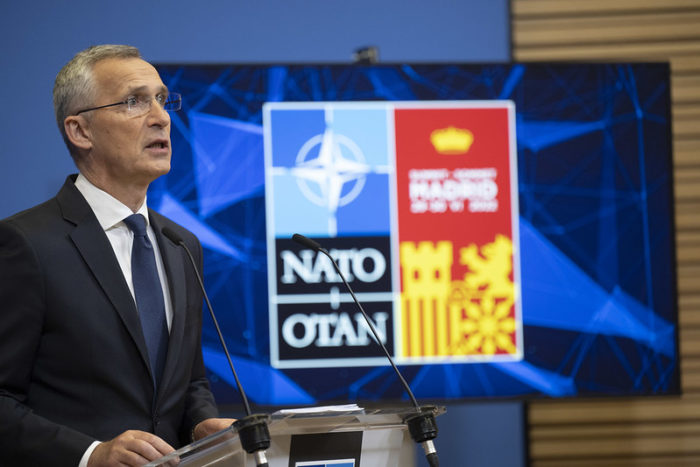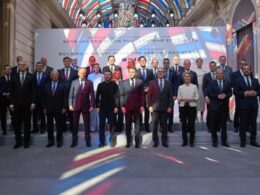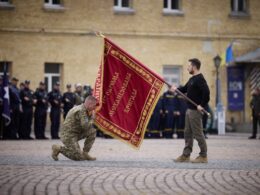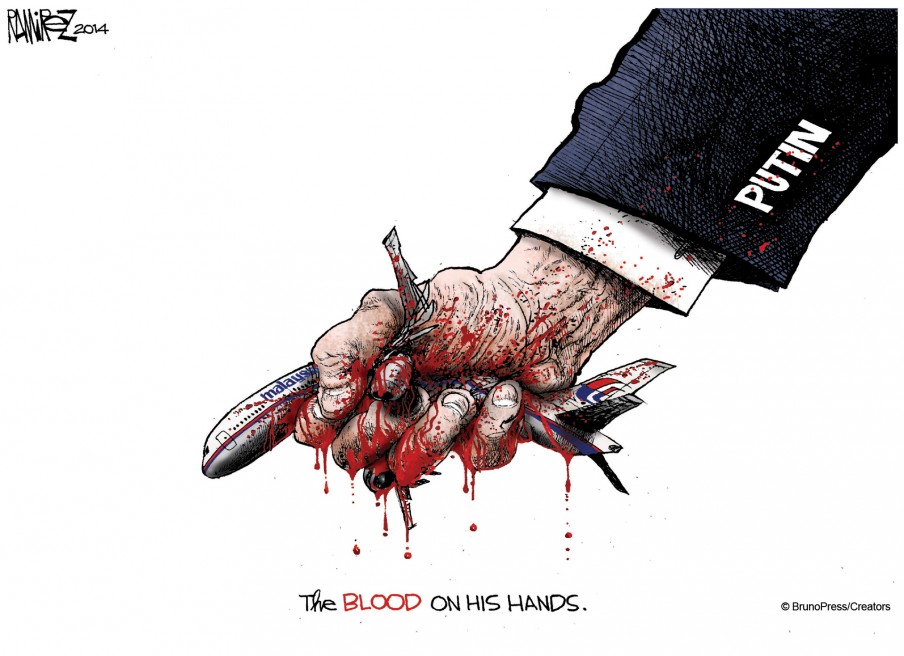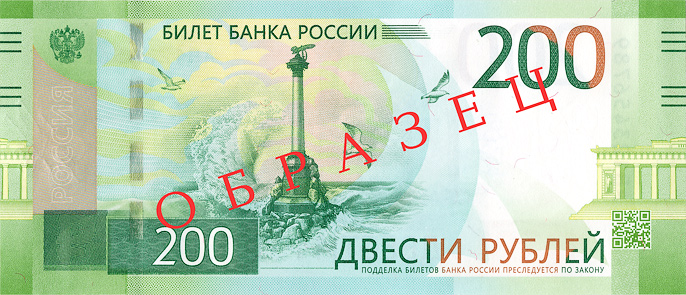This is not an in-depth analysis of NATO’s New Strategic Concept. This is simply a quick look at one of the most important tasks that have (or should have) been providing the Alliance with a framework for its engagement in support of Ukraine.
According to the new concept, it
“reaffirms that NATO’s key purpose is to ensure our collective defense, based on a 360-degree approach. It defines the Alliance’s three core tasks: deterrence and defense; crisis prevention and management; and cooperative security. We underscore the need to significantly strengthen our deterrence and defense as the backbone of our Article 5 commitment to defend each other.”
I have long argued that NATO has been acting in conflict with its strategic concept, which is an indication that the Alliance is being deterred by Russia. In the article “NATO’s defining moment is now or never” I referred to the Alliance’s ambitions for crisis management, one of the three core tasks, as laid down in its previous strategic concept:
“NATO will actively employ an appropriate mix of […] political and military tools to help manage developing crises that have the potential to affect Alliance security before they escalate into conflicts; to stop ongoing conflicts where they affect Alliance security […].”
Arguing that the consequences of a Russian victory in Ukraine would be devastating to European security, I stressed that Russia had to be countered in Ukraine if NATO were to fulfill its main purpose to safeguard the freedom and security of all its members:
“While we are not obliged to defend Ukraine, we are committed to defending ourselves. That responsibility just happens to start in Ukraine. NATO needs to help Ukraine to help us stop Russia at Ukraine’s eastern borders to safeguard our common values and principles.”
NATO has finally realized that it had not been acting in the spirit of its two last strategic concepts.
Instead of adapting its approach to the war, however, it has adapted the phrasing of the task in its new strategic concept.
|
2010 version NATO has a unique and robust set of political and military capabilities to address the full spectrum of crises — before, during, and after conflicts. NATO will actively employ an appropriate mix of those political and military tools to help manage developing crises that have the potential to affect Alliance security before they escalate into conflicts; to stop ongoing conflicts where they affect Alliance security, and to help consolidate stability in post-conflict situations where that contributes to Euro-Atlantic security. |
2022 version NATO Allies have a shared interest in contributing to stability and managing conflicts together through NATO. We will continue to work to prevent and respond to crises when these have the potential to affect Allied security. We will build on the unique capabilities and expertise we have acquired in crisis management.
|
The very strong and binding text that has been one of NATO’s three core tasks for 23 years, is gone. The Alliance is no longer committed to “stop ongoing conflicts where they affect Alliance security.”
While NATO most probably had the inherent risks of the Russian Federation in mind when the statement was originally formulated, it most certainly had Russia in mind when it was deleted.
While the amendment brings its new strategic concept in line with NATO’s actions, Russia will see this as yet another sign of weakness. NATO is in part stepping away from its role as the defender of international rule of law, liberal democracies, and our shared values and principles.
Partly, but not fully. Many of its member states remain committed to defending democracy beyond NATO’s area of responsibility. The Alliance also stresses that “a strong, independent Ukraine is vital for the stability of the Euro-Atlantic area.”
Only, it is not willing to fully commit to resolving the war.
When NATO is no longer willing to employ military power to “escalate to de-escalate,” it might be failing as a military alliance.
It is reflected in:
- the new strategic concept as it steps away from its commitment to “stop ongoing conflicts where they affect Alliance security”;
- in its failure to act on Russian violations of international law since 2008;
- in its failure to respond to the Hybrid War Russia has conducted against NATO and EU members since 2014;
- and not least, in its failure to respond resolutely to the ongoing attempt to subjugate Ukraine through the use of both military and non-military force.
NATO fails to counter the Russian “fait accompli” strategy, using the threat of nuclear escalation as a means to secure freedom to use military force as an integrated part of its increasingly more aggressive foreign policy.
As a result, Russia is openly threatening Estonia, Latvia, Lithuania, Poland, and Norway. And the Alliance takes another step backward. Today, Lithuania and Kaliningrad. Tomorrow, Norway and Svalbard.
NATO has, however, recognized that the Euro-Atlantic area is not at peace. That’s a hugely important first step towards acknowledging the Russian strategic messaging of being at war.
Related:
- NATO’s defining moment is now or never
- What if Russia wins in Ukraine? Consequences of Hybrid War for Europe (Part 2)
- What NATO should do
- Russia’s war with Ukraine affects billions. NATO could end it in a moment.
- NATO: Collective Defense or Collective Denial?

